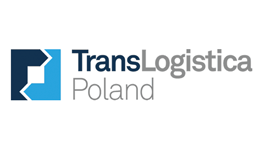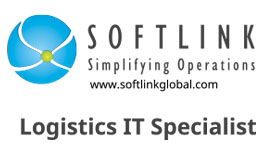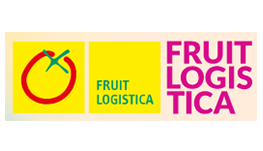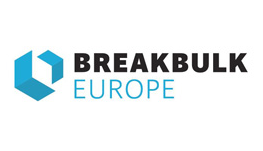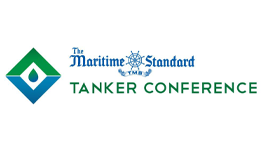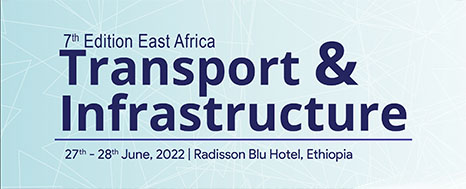How a Professional Logistics Network Can Increase
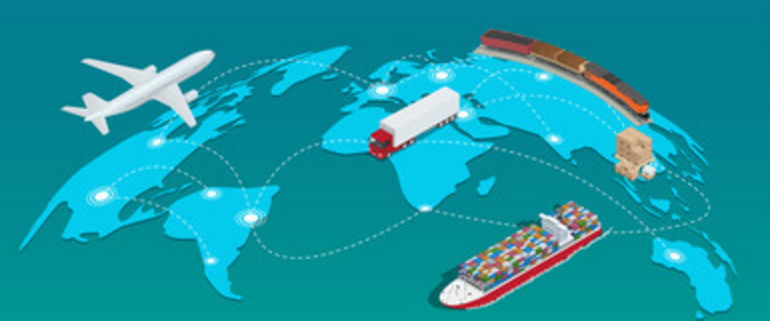
By Richard J. Overton, CEO X2 Group
Before we can understand how we can maximize profits, see an improved competitiveness and ensure long-term sustainable growth for our logistics business, we must first understand the elements of our business and what roles they play within the supply chain. Then we can look at the challenges we face within that segment.
X2 Logistics Networks were set up to focus on the freight forwarding segment of the supply chain. Our role is to provide professional support and to assist agents all over the world to improve their financial and operational performance.
Outsourced logistics activities commonly fall into three types of services: contract logistics, freight forwarding and transportation. These businesses are deeply interconnected, with some overlap (see image below – Supplier to Client Supply Chain Flow). For example, freight forwarding operations frequently involve activities associated with contract logistics services that are performed when goods are collected and received, such as cross-docking and warehousing. Similarly, contract logistics providers often are responsible for local distribution and derived truck transportation. The three services are built on different business models.
Over the years there has been a relatively fast growth of new 3PL providers (contract logistics) and transport companies opening up all over the world, especially in post conflict and new emerging markets. However when compared to these other two types of logistics providers the increase of freight forwarders has grown at a much more rapid pace. So not only are we seeing a much more competitive environment with forwarders, but there is also volatility with freight rates and oil prices and the freight forwarding market is undergoing structural changes and an uncertain global economic situation. This means that forwarders need to be attuned and responsive to new macro-trends and become more customer-centric.
A recent study I read found that many forwarders, even some of the largest, lack the tools that would give them the visibility and the agility to prosper in this challenging market environment.
Furthermore, global flows of goods are becoming more disparate and what many consider to be tier one freight forwarders account for roughly 41% of the total market share. This is 41% is shared between over 100,000 freight forwarders worldwide.
So the need to be a part of an organization that can assist with the challenges forwarders are facing today is now becoming more and more relevant. Many forwarders are seeing the benefit of joining logistics networks that can help with global growth and assisting them to service more customers in more markets worldwide.
In a market dominated by the multinationals, a professional logistics network is designed to link together like-minded independent forwarders from all over the world in a freight forwarder network that will give them the tools necessary to compete on a global scale.
Of course there will always be technological game changers that will require every industry to adjust but the fundamentals of increasing profitability, competitiveness and long term growth are still the same for the forwarder. That is winning more business, servicing more clients and working with more reliable agents worldwide. All of this can be achieved by working within a global network of fellow forwarders that can be trusted in all markets worldwide.
global freight forwarders move cargo around the world
There will always be technological game changers that will require every industry to adjust.
A professional logistics network is essentially an alliance of hand-picked freight forwarders who are required to meet certain standards and are encouraged to work together to grow their businesses and serve their clients globally. Some of the benefits and services that a freight forwarder should receive by joining a professional association are highlighted below.
A good network should have an impressive global presence where members are able to work cooperatively to serve clients globally, wherever in the world they need to send a shipment. Consider that the aggregated figures of networks members may show superior resources in terms of size and reach than some of the largest multinationals. Now combine these advantages with local capability, flexibility, and the ability to serve shippers faster and to reach almost any market worldwide.
“There is simply no better generator of new business than the power of working within a group as one cooperating entity.â€
It makes sense that as a member of a professional global network you are in a strong position to secure new business by exchanging shipments with other members in different locations.
To further support how a professional logistics network can increase your profitability, competitiveness and long term growth consider the following benefits enjoyed by members:
Annual Meetings- The annual meeting is the most important benefit a member should receive and attendance is crucial to ensure each agent’s success. Developing a strong worldwide network of agents requires regular trips overseas. A networks annual meeting allows all members from over 130 countries worldwide to meet and come together in one place at one time, saving considerable time and money.
An International Brand- Membership of a professional network should allow you to promote your firm with the network’s logo. In addition the network should be able to offer you media services, bespoke brochures and digital marketing materials that will help you to overcome client perceptions that independent freight forwarders are not equipped to provide a truly worldwide service.
global freight forwarder
Participate in global tenders- Opportunity to tender for the larger contracts by qualification through the network. As a member you will be backed by a global brand and a network of quality partners, giving you the confidence that you will be able to fulfil your commitments.
Lower Rates from Carriers and Insurers– As the network starts to reach a critical number of members, their cumulative volume will be used to negotiate lower rates from airlines, shipping lines and insurers.
Payment Protection- You want protection against unpaid invoices. In the rare event of an unpaid invoice from another member, the network should assist in disputes and arbitration and compensate members against this lost money. This protection provides members with the peace of mind to cooperate with fellow agents with trust and in complete security.
Faster Quote Response Time- The ability to obtain current local origin/destination charges (Air, FCL, LCL) for each member can be shared quickly and this means that our members can respond faster and provide better value services.
Essentially a professionally managed logistics network should tick the boxes of increasing profitability, competitiveness and long term growth for freight forwarders. But of course no different from any successful business everything comes down to the financial investment in the organization. And the knowledge, experience and professionalism of the network team members and management.
Richard J. Overton is the CEO of the X2 Group of Companies based in Bangkok, Thailand. His vision is to bring an innovative and professional approach to the world of logistics networking. Richard believes in identifying customer’s value propositions and delivering on them without exception. He has developed a firm knowledge and extensive contacts within the global logistics industry. His strong understanding of international sales and marketing helps ensure that X2 Logistics will be a network for today and the future.
Member Testimonials
Our Partners
X2 Conference
Our special networking event is about smart freight forwarders coming together to grow and develop business within the group by providing an opportunity for all members to gather in one place to form and extend personal relationships.
- 1
- 2
- 3
- 4
- 5
- 6
- 7
- 8
- 9
- 10
- 11
- 12

NEW YORK
- 1
- 2
- 3
- 4
- 5
- 6
- 7
- 8
- 9
- 10
- 11
- 12

sao paulo
- 1
- 2
- 3
- 4
- 5
- 6
- 7
- 8
- 9
- 10
- 11
- 12

london
- 1
- 2
- 3
- 4
- 5
- 6
- 7
- 8
- 9
- 10
- 11
- 12

dubai
- 1
- 2
- 3
- 4
- 5
- 6
- 7
- 8
- 9
- 10
- 11
- 12

bangkok
- 1
- 2
- 3
- 4
- 5
- 6
- 7
- 8
- 9
- 10
- 11
- 12

hong kong
- 1
- 2
- 3
- 4
- 5
- 6
- 7
- 8
- 9
- 10
- 11
- 12

tokyo
- 1
- 2
- 3
- 4
- 5
- 6
- 7
- 8
- 9
- 10
- 11
- 12

sydney
Book a Discovery Call with our Network Development Managers
Got questions or want to explore new opportunities within our networks? Schedule a one on one meeting with our Network Development Managers.


























.jpg)








